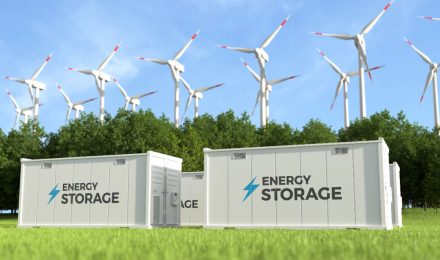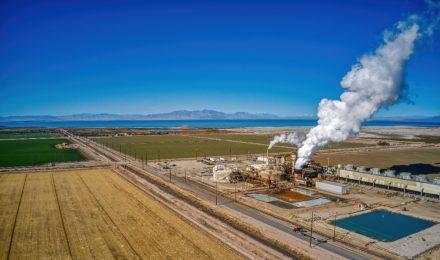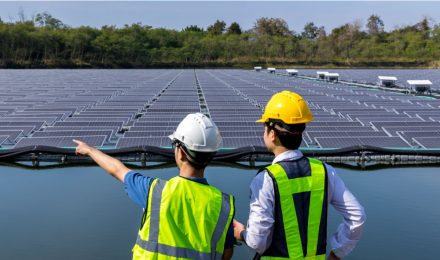Integrating Renewable Energy into Urban Planning
Urban planners at that level become essential partners, guiding projects from concept to completion while ensuring environmental and social sustainability.
Sep 17 2025
Read MoreHow Global Policies Influence the Future of Renewable Energy
Another powerful policy tool is the internalization of environmental costs through carbon pricing.
Jun 25 2025
Read MoreFloating Solar Farms: A Promising Path to Clean, Renewable Energy
One of the most promising innovations in this field is the development of floating solar farms—large-scale solar panel arrays installed on water surfaces.
Apr 23 2025
Read MoreThe Latest Advances in Solar Energy
Unlike traditional mono-facial panels, which have solar cells on only one side, bi-facial panels capture sunlight from both the front and back.
Mar 26 2025
Read MoreSustainable Transportation: Electric Vehicles and Beyond
Sustainable transportation continues to be developed, changing how people conduct their daily lives and improving living the health of the human population.
Mar 4 2025
Read MoreImpact of Artificial Intelligence on Renewable Energy Management
AI advances in the wind and solar sectors have grown much more extensively that those in other areas.
Jan 30 2025
Read MoreMicrogrid Evolution and Its Impact on Remote Communities
The microgrid can also utilize different sources of renewable energy such as wind and solar.
Dec 19 2024
Read MoreThe Economic Implications of Transitioning to Renewable Energy
The rise of renewable energy offers individuals greater control over their energy consumption, but it also challenges government revenue streams.
Nov 29 2024
Read MoreMicrogrid Evolution and Its Impact on Remote Communities
The microgrid can also utilize different sources of renewable energy such as wind and solar.
Oct 31 2024
Read MoreThe Rise of Green Hydrogen
Green hydrogen is an option for storing renewable energy with hydrogen-based fuels to transport energy from renewables across long distances to energy-requiring regions.
Sep 25 2024
Read MoreSee More





